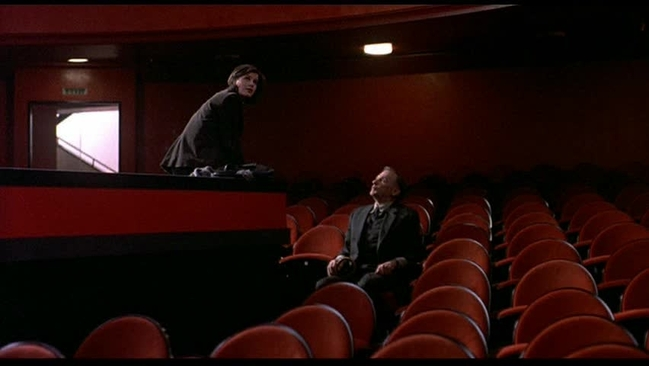| Academy Award Nominations: |
| Best Director: Krzysztof Kieślowski |
| Best Original Screenplay: Krzysztof Kieślowski and Krzysztof Piesiewicz |
| Best Cinematography: Piotr Sobociński |
|
| Golden Globe Nominations: |
| Best Foreign Language Film |
|
| Other Awards: |
| Film Independent Spirit Awards: Best Foreign Film |
| National Society of Film Critics: Best Foreign Language Film |
| New York Film Critics Circle: Best Foreign Language Film |
| Los Angeles Film Critics Association: Best Foreign Film |
| Boston Society of Film Critics: Best Foreign Language Film |
| Chicago Film Critics Association: Best Foreign Language Film |
| César Awards (French Oscars): Best Original Score (Zbigniew Preisner) |

